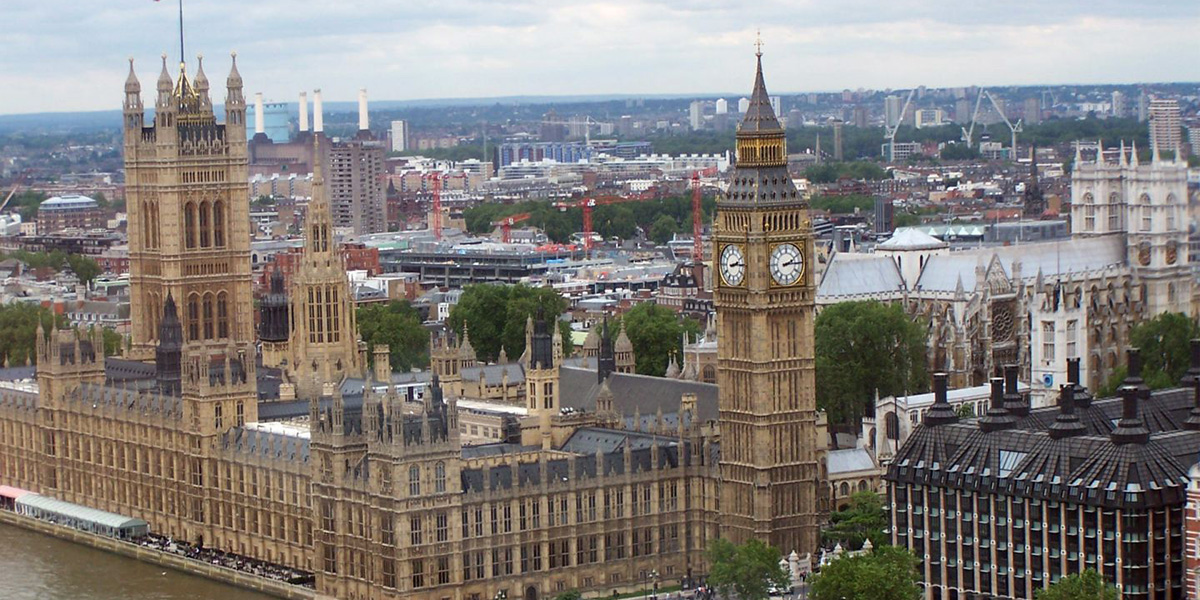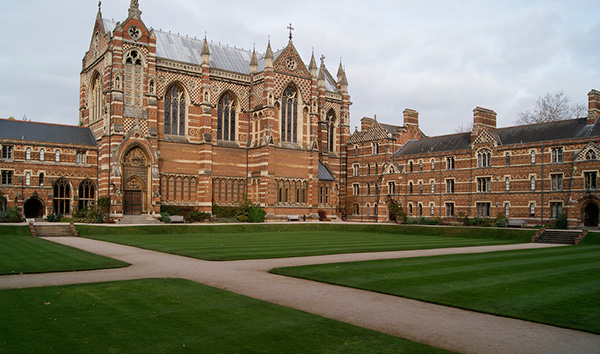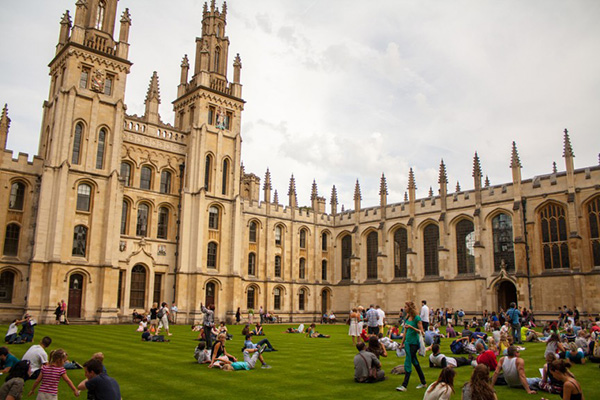Oxford is original. The locals themselves, of course, believe that there city is unique. And not only because of its glorious traditions and the university, but also of its “special” geographical location. So really, please do not irritate local provincial intellectuals comparing Oxford to another city of contrasts.
Old Oxford is a kind of an island between two rivers: the world-famous Thames (local university cryptography refers to it as Sumerian “Isis”) and little known Cherwell (written as Cherwell while natives pronounce it as [tʃa:vəl]).
Not that Thames (not to mention the Cherwell) flowed in Oxford as stormily as Tigris and Euphrates – as it may seem to local super-equipped boaters when they are putting forward to the water in the north-eastern district of Port Meadow. And yet, the impression of the backwater Thames is an erroneous one. This slowly current narrow river has a very interesting character. Today Themes (not to mention the Middle Ages!) regularly overflows its banks. And the river is still able to cause a lot of damage to Oxford’s historic center and its surroundings. Real disaster started with Thames spilling in 2007. County and the city were not able to cope with the river and not only the whole of England but also Europe come to rescue Oxford.
The current Oxford is inconceivable without the University. However, it was not always true. Oxford is one of the oldest cities in England and its story does not matches and coincides with the university’s history and sometimes even conflicts with it. The first mention of Oxford recorded in historical documents dates back to as early as to the year of 912 – three centuries before the university opening. Word “Oxford” obviously has Saxon origin. In Anglo-German it means “bull ford”.
Thus, Oxford is one of the few old English towns that do not claim either its antique and Roman (oh! very cultured!) roots or special significance in the Anglo-Saxons era. As a result Oxford has not particularly suffered during the Norman occupation. However the city was visited by guests from Normandy who cheerfully demolished old temples and built new ones in habitually cubic style (and, of course, the citadel, which is partly preserved to this day).
Up until the midst of XX century Oxford was also a major industrial center. However, the industry was steadily losing its competitiveness even earlier than the globalization started. But on the contrary the university became more “prestigious” worldwide. It is considered that Oxford University was founded in 1201, 30 years before its eternal rival in Cambridge. So that Oxford has always considered itself as the oldest university of England (which automatically means the most aristocratic and therefore the best taking into account local customs and categories).



